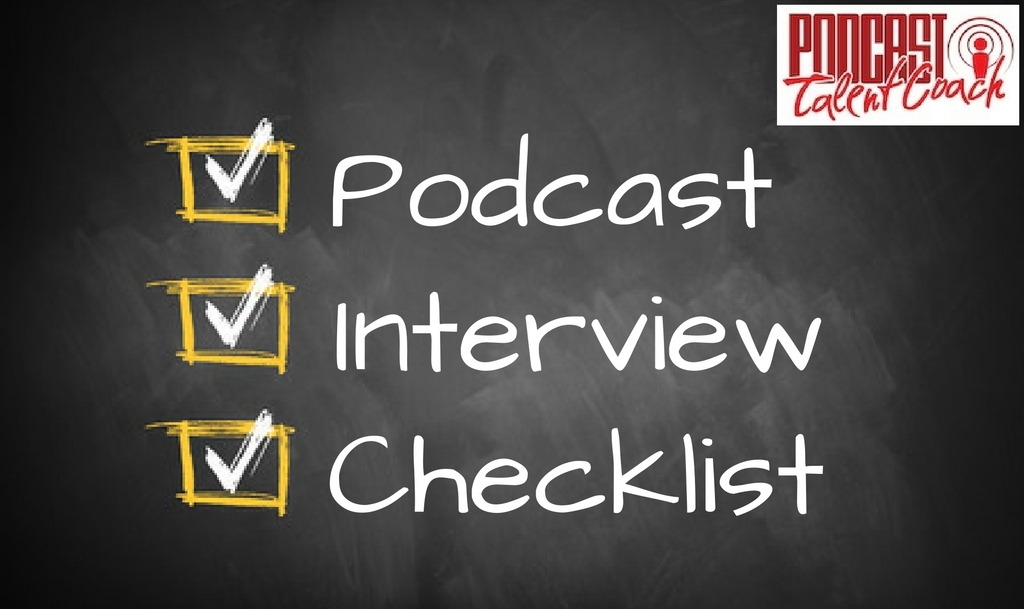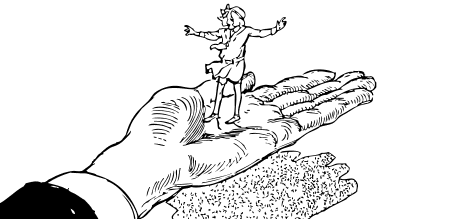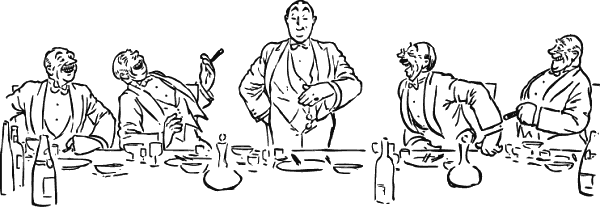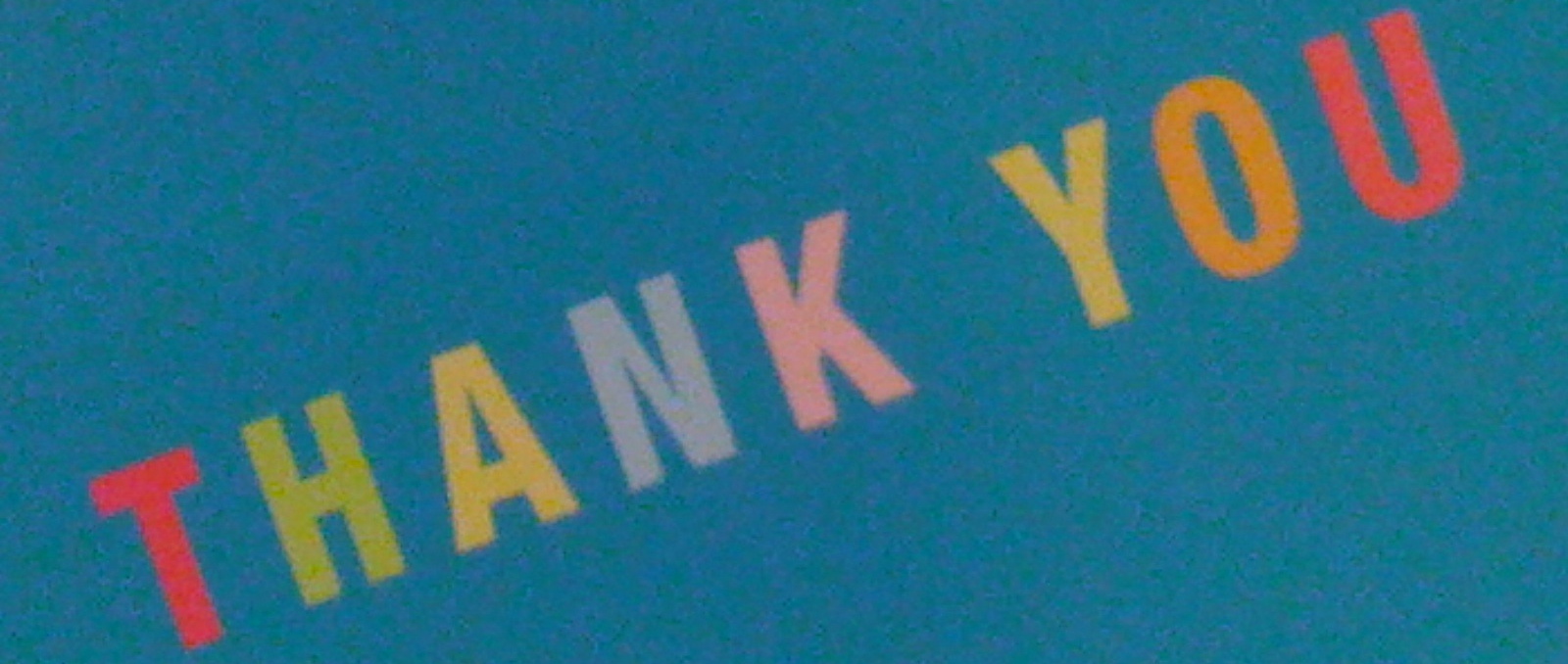Podcast: Play in new window | Download
Subscribe:
Help Your Listener With Your Podcast
This week we discuss how you can help your listener using your podcast. There are four questions you can ask that will really help you focus your content.
Zig Ziglar had many great quotes. One of my favorite quotes is, “You can have anything in life you want, if you will just help enough other people get what they want.” How true that is.
As you turn your information into engaging entertainment with your podcast, keep in mind that helping people is part of the foundation of a strong relationship. If you take, take, take, your relationship won’t last long. If you are there to give and help, you will develop friends for life. (read more)
What problem does your listener need help solving?
Everyone has a problem. You have knowledge. If you can use your knowledge to help your listener solve a problem, you will begin to build trust with your audience. You may not know it all. However, you surely know more than some people. Your listener is coming to you to learn something. Teach and help. Build that bond.
What are the greatest needs of your listener?
The best way to discover the needs of your listener is to ask her. Before I launched this podcast, many people would seek me out for advice about speaking on the mic. They could find tons of information covering the technical aspect of podcasting. Very little was published about the art of the craft.
These people needed to find that confidence to speak into the mic. Since they found very little help, they would imitate radio announcers they heard in the past using cliches like “Hello everyone in Radioland“. Real people do not talk using those words. That is when I knew I could fulfill a need.
What is your listener’s greatest fear?
Many people face the impostor syndrome. They feel like they are kid playing dress-up amongst professionals. They feel like they don’t belong. They didn’t earn what they have. Success has only come to them through luck. This is the fear I help crush with my podcast.
Everyone belongs on a podcast. You know more than most people about your subject. Have the confidence in yourself to put it forward in a podcast.
Find the fear in your listener. Help him overcome it.
What is the strongest desire of your listener?
Dan Miller of “48 Days to The Work You Love” book and podcast says, “You can make money selling what people need; you can get rich selling what people want.” It is so true. Think of the hot toy around the holidays. Everyone is buying that, because it is what the kids want. Everybody needs a toothbrush. You can find a million of those on any given day. Find your listener’s desire.
Let me know how I can help you. E-mail me anytime at Coach@PodcastTalentCoach.com. I’d love to help you transform your content.
I have FREE worksheets available on the Podcast Talent Coach website. There is also a workbook available that will walk you through each worksheet with detailed instructions.
Looking over my 4th quarter calendar, I have room to take on two coaching clients. My coaching clients receive a full show review each week. Each client also receives one-on-one coaching over the phone by me for one hour each week. Written notes are provide after each critique and call. I am also available for unlimited e-mail correspondence. It is all included in a simple, monthly retainer.
If you are interested in the worksheets, workbook or coaching, find further details HERE at www.PodcastTalentCoach.com.
This week, find your listener’s great desire and start your next podcast at that point. Let’s see what kind of results you get.




































